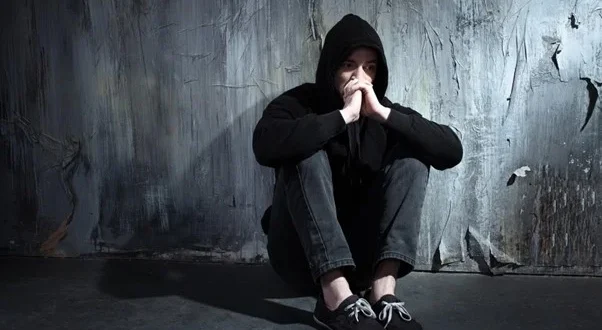It’s no secret that using drugs like cocaine is risky, leading to addiction, accidents, injuries, and overdoses. In fact, cocaine is involved in approximately one in five overdose deaths in the US and leads to other health effects like asthma and increased risk of HIV.
Despite this, quitting is no easy task, especially when it comes to cocaine withdrawal symptoms. Learning more about cocaine withdrawal will help take the fear out of this step in your recovery.
Read on to learn everything you need to know about cocaine withdrawal symptoms and how to get started on the path toward recovery.
Overview of Cocaine Withdrawal
Cocaine withdrawal occurs when you use a lot of cocaine over time and then suddenly cut down or quit altogether.
Using cocaine gives people a feeling of euphoria. This is because cocaine is a stimulant that impacts neurotransmitters in the brain known as dopamine. Dopamine is a “feel good” chemical and is responsible for positive feelings, elevated mood, and satisfaction.
It also plays a role in sleep, memory, mood, movements, and other bodily functions.
Since cocaine is a stimulant, it also increases blood pressure, and heart rate, and causes trouble sleeping and irritability.
If you stop using cocaine, you’ll experience a crash as dopamine levels decrease. Not only that, but people chase the initial euphoric high by using more and more. All of this leads to physiological dependence and cocaine addiction.
Cocaine Withdrawal Symptoms
Cocaine withdrawal symptoms vary depending on the quantity and frequency of use. The main symptoms of cocaine withdrawal you can expect include:
- Fatigue
- Depressed mood
- Agitation
- Feeling restless
- Feeling uncomfortable
- Trouble concentrating
- Sleeping too much or not enough
- Lower heart rate
- Increased appetite
- Impaired memory
You’ll also start to experience intense cravings and be at risk of using cocaine again. Cocaine withdrawals begin quickly, typically within a few hours after your last use.
Feelings of exhaustion can last as long as 48 hours. However, if you use cocaine regularly, it will tend to stay in your system longer, making withdrawals last for multiple weeks.
Cocaine Addiction Treatment
Your first step in treatment is to detox cocaine from your system. Addiction treatment programs will offer medical detox as the first step of treatment. During medical detox, you’ll receive medications and support to help you get through the first phase of withdrawal.
Detox is essential since it rids the body of all substances and allows you to start to readjust to life without cocaine in your system.
The next step is various rehab programs like inpatient and outpatient programs. These programs focus on behavioral therapies to treat any mental health issues. Behavioral therapies include both individual and group therapy meetings.
You’ll also focus on creating habits like a healthy diet, exercise, and mindfulness techniques to help you manage stress.
Start Cocaine Addiction Treatment Today
Now that you know more about cocaine withdrawal symptoms, you’ll feel much more comfortable taking the next steps.
If you’re not sure where to turn for treatment, talk to your doctor about helping you find addiction treatment resources in your area. This will allow you to start treatment immediately.
Make sure to visit the rest of our blog to read more inspiring and informative articles!
 SlushWeb Bringing Facts to Light
SlushWeb Bringing Facts to Light



